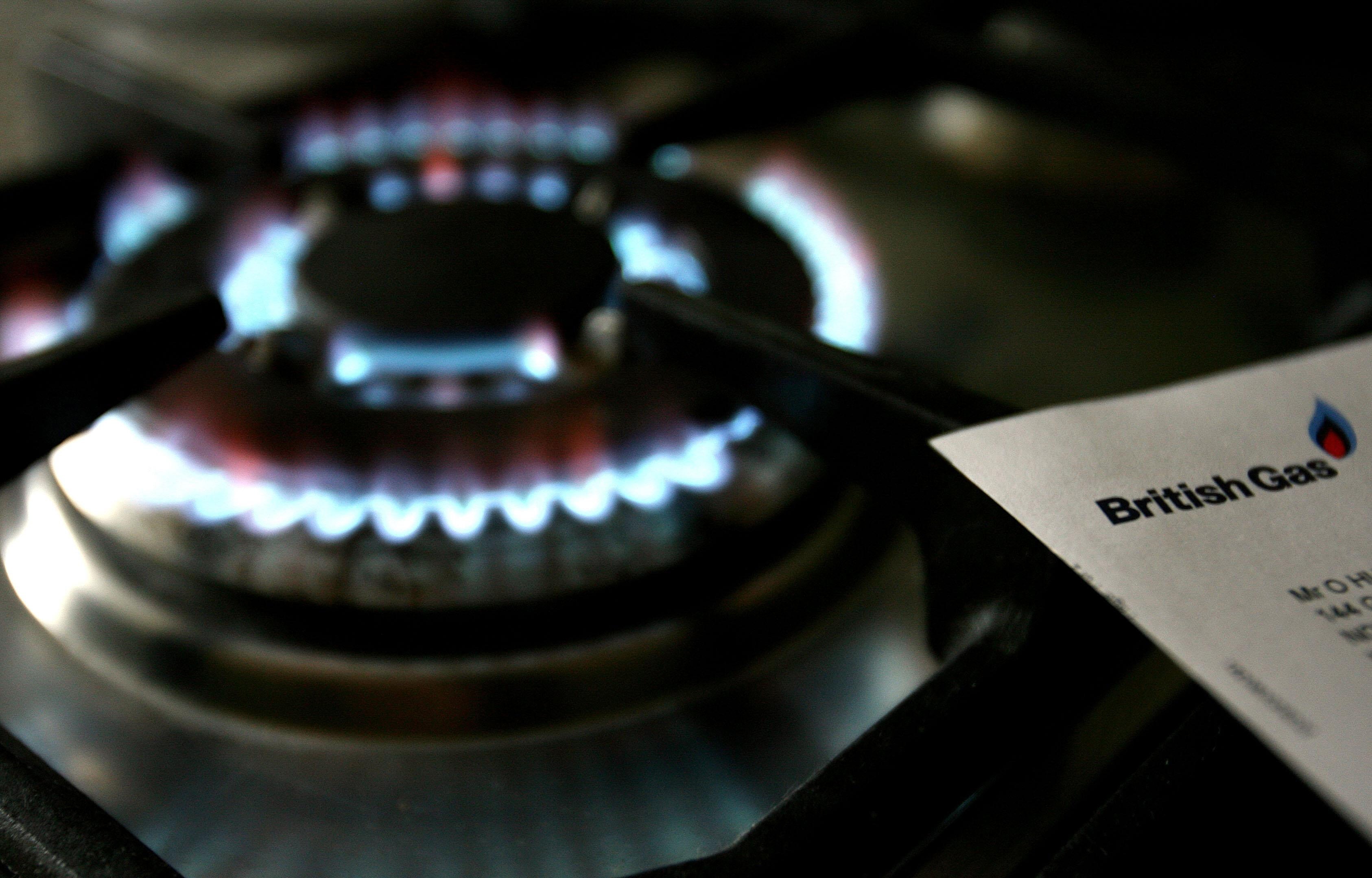Squeeze on households could tighten as gas prices soar 70% to record high
Energy bills are already set to rise more than 50% from April, and further changes are expected if the price of gas remains high.

Your support helps us to tell the story
From reproductive rights to climate change to Big Tech, The Independent is on the ground when the story is developing. Whether it's investigating the financials of Elon Musk's pro-Trump PAC or producing our latest documentary, 'The A Word', which shines a light on the American women fighting for reproductive rights, we know how important it is to parse out the facts from the messaging.
At such a critical moment in US history, we need reporters on the ground. Your donation allows us to keep sending journalists to speak to both sides of the story.
The Independent is trusted by Americans across the entire political spectrum. And unlike many other quality news outlets, we choose not to lock Americans out of our reporting and analysis with paywalls. We believe quality journalism should be available to everyone, paid for by those who can afford it.
Your support makes all the difference.Household energy bills could rise even further after gas prices soared by more than 70% to hit a new all-time high as fears over supplies from Russia continued to rock the market.
Prices are now more than 20 times higher than they were just two years ago, increasing on Monday from what were already record highs last week.
The price of a therm of gas, the commonly used measure, shot up to around 800p during the morning. It had been at around 460p on Friday.
The price later fell back from that record high and was trading at around 590p a little before midday on Monday.
It is likely to lead to an even bigger squeeze on households. Energy prices are set to increase by more than 50% to close to £2,000 for the average household on April 1.
Already last week, when gas was trading at much lower levels than on Monday, experts predicted the price cap will rise by around £1,000 to more than £2,900 in October when it is next changed.
However, the rise could come sooner if industry regulator Ofgem decides the market cannot handle the pressure.
Earlier this year the watchdog gave itself new powers to step in between price cap periods to adjust the amount that suppliers can charge.
It came as the price of oil also surged to its highest for 14 years after Washington revealed it is in talks with European allies over banning imports of Russian oil.
The prices of both commodities have shot up since Russian President Vladimir Putin ordered an unprovoked full-scale invasion of Ukraine less than two weeks ago.
The EU relied on Russia for around 46% of its gas and around a quarter of its oil in the first part of last year.
So far European and US sanctions have not directly targeted Russia’s energy exports – which prop up the country’s economy – because of fears of the knock-on effects.
The UK is less reliant on Russian imports than many countries on the Continent, but prices here tend to track those in Europe.
Subscribe to Independent Premium to bookmark this article
Want to bookmark your favourite articles and stories to read or reference later? Start your Independent Premium subscription today.